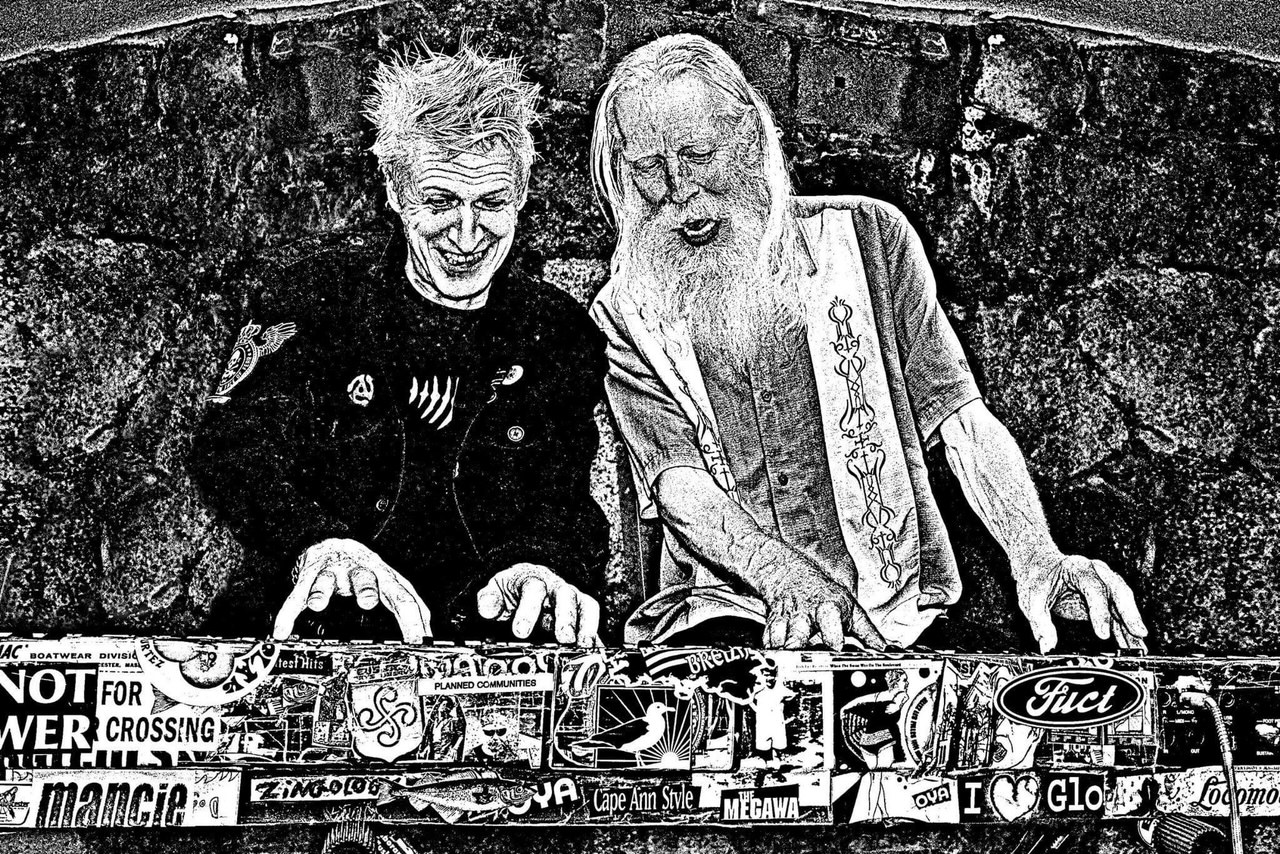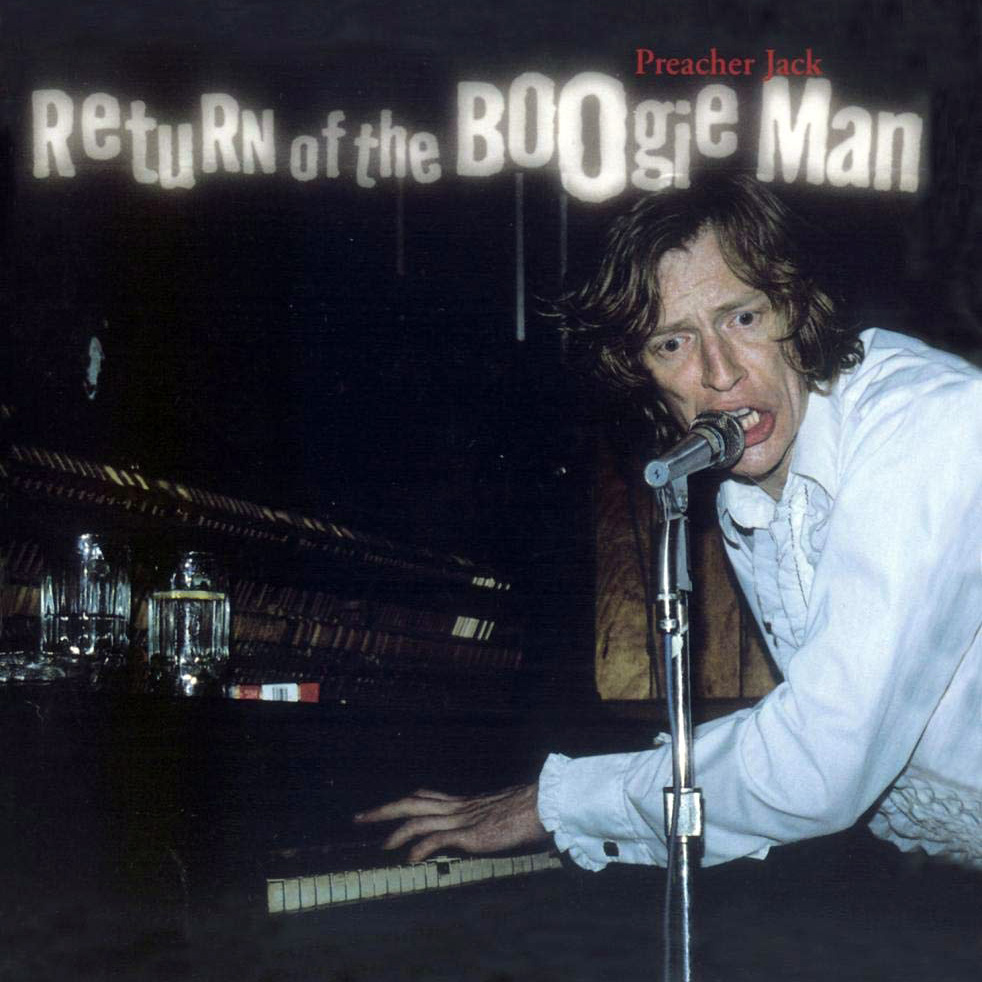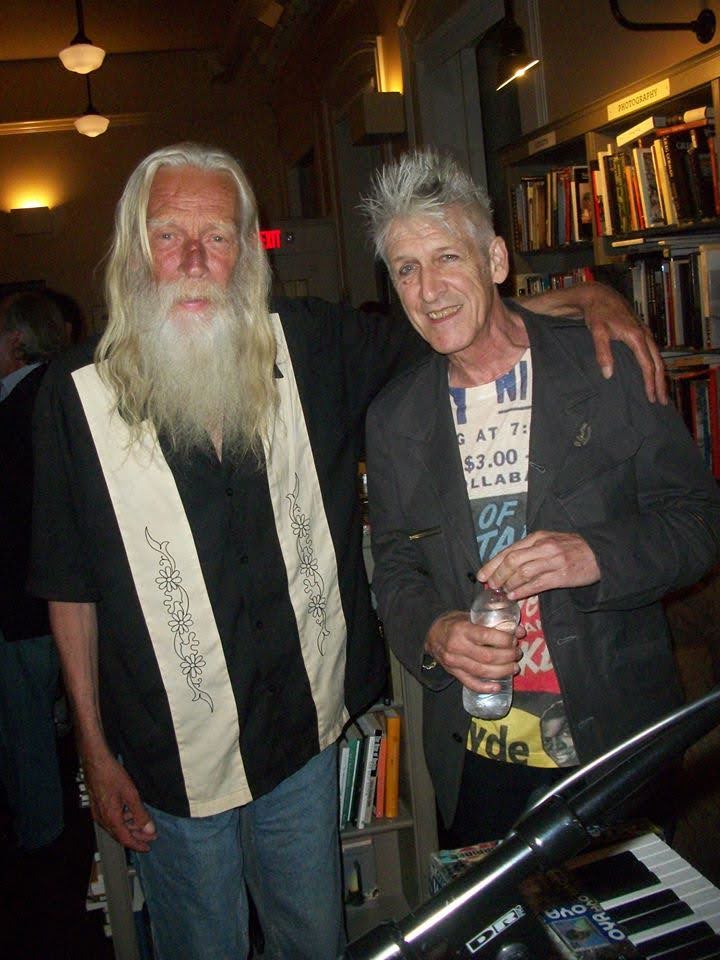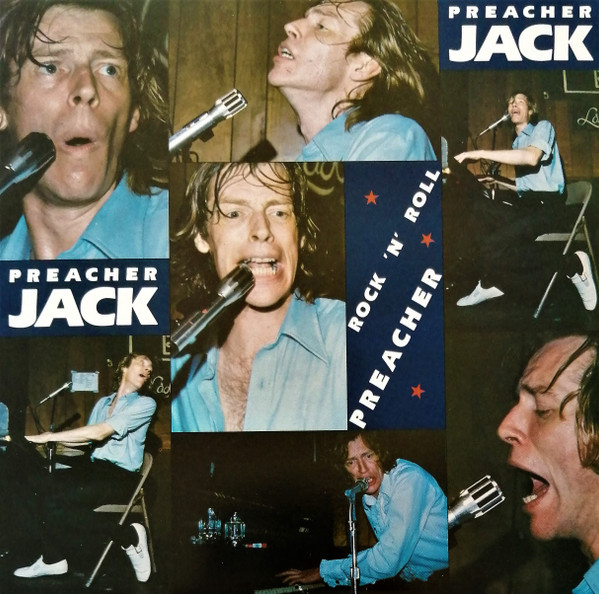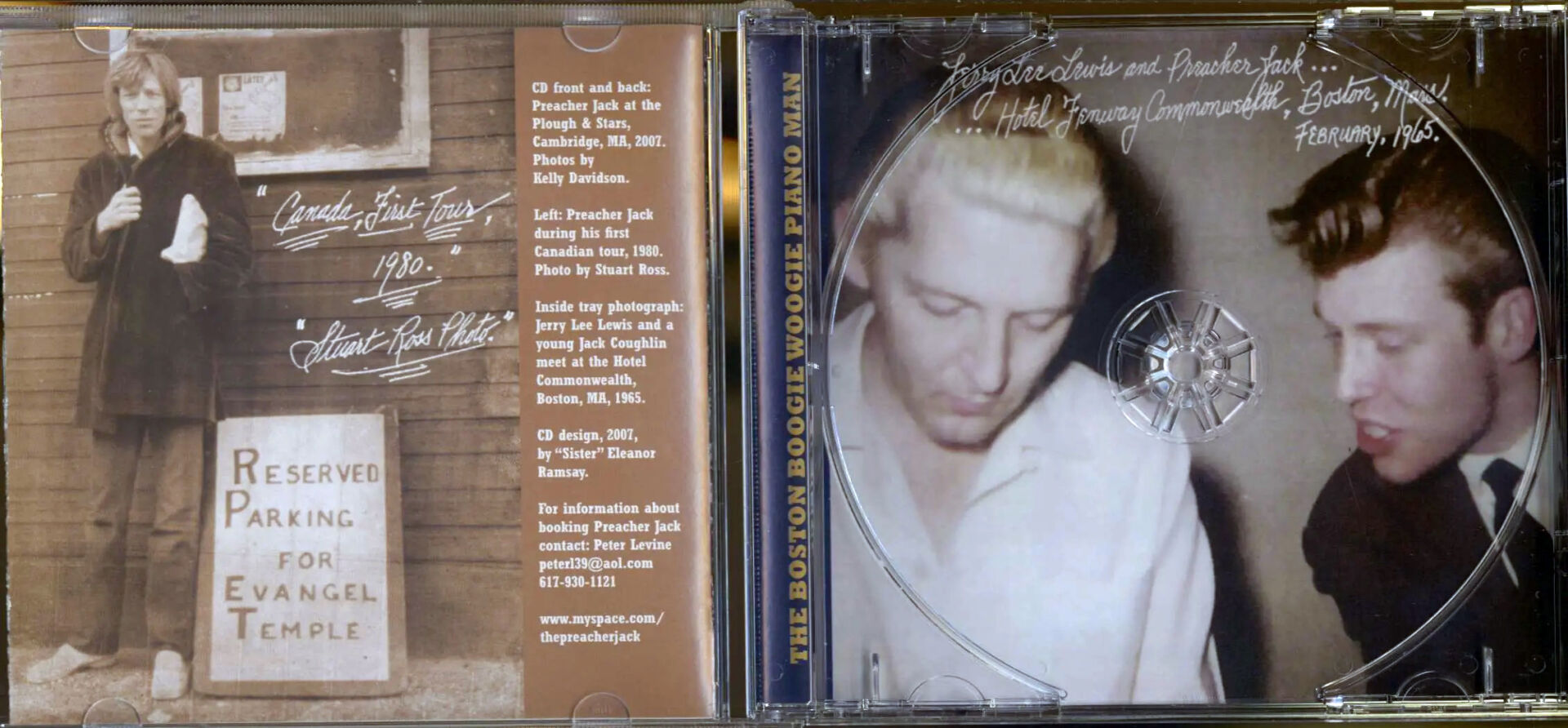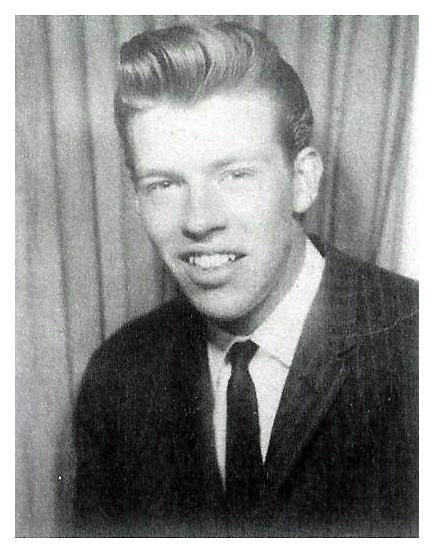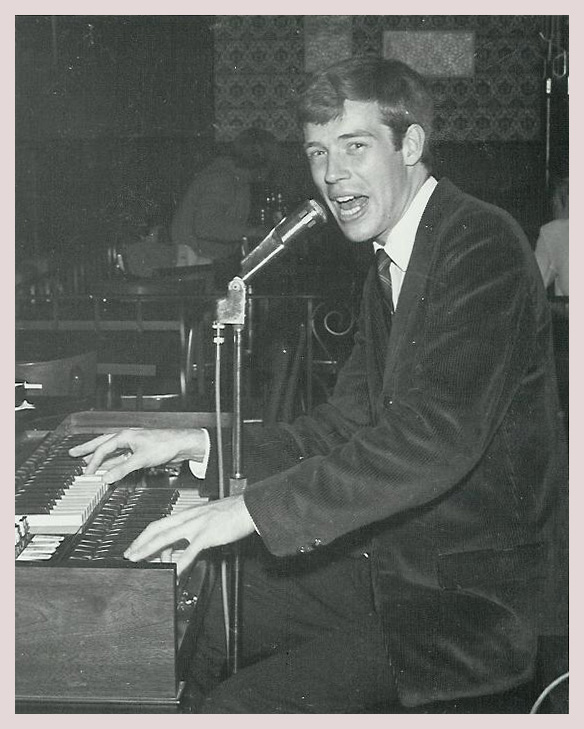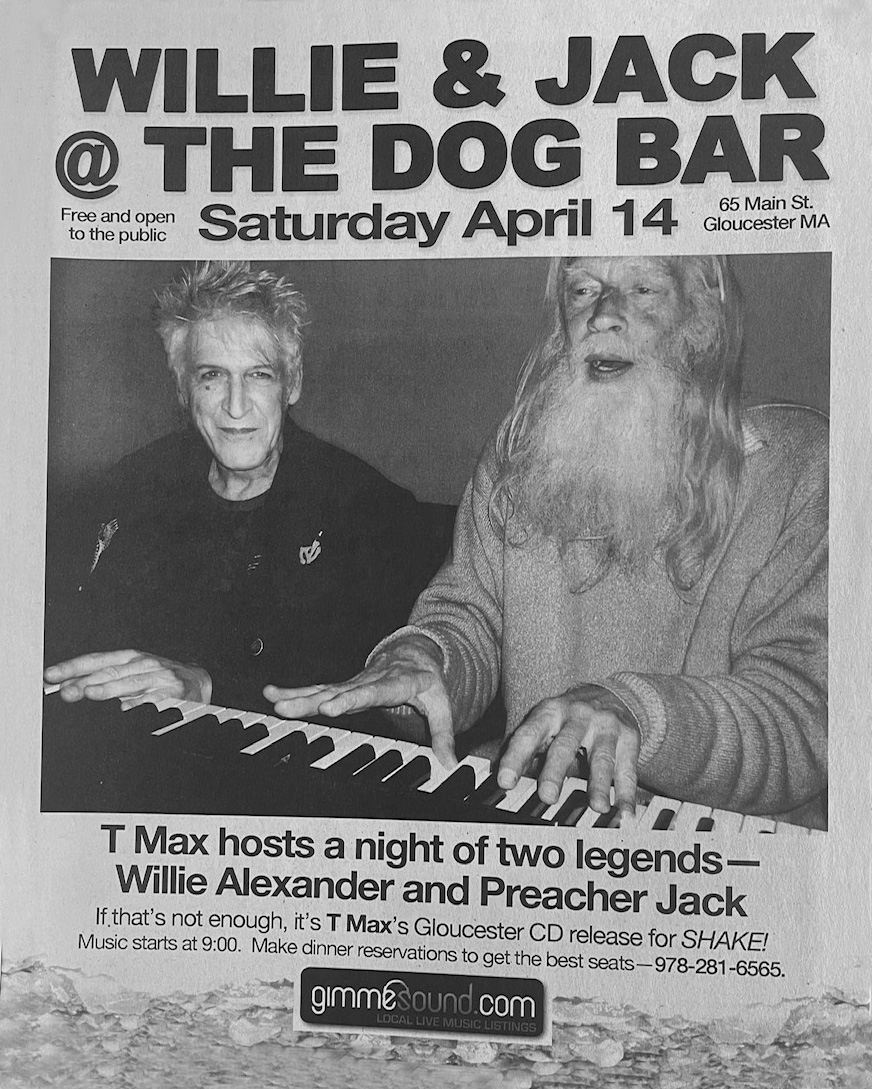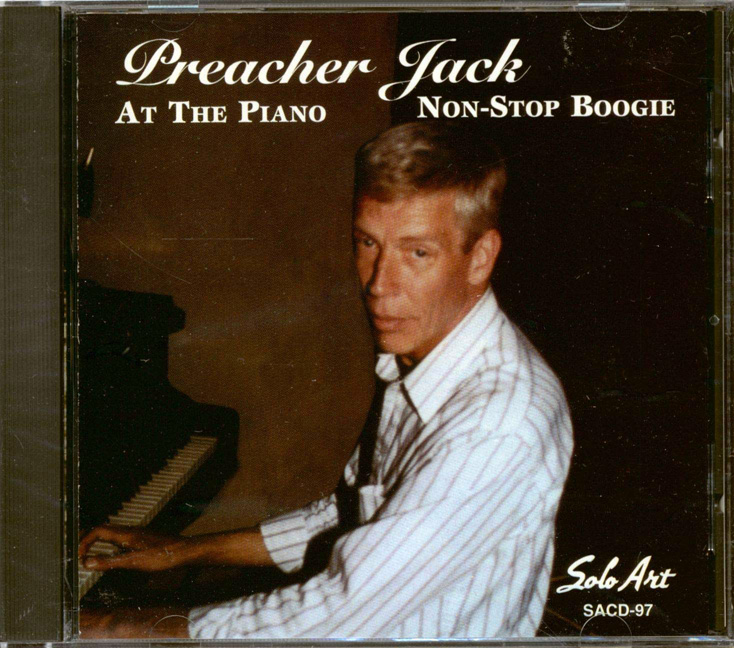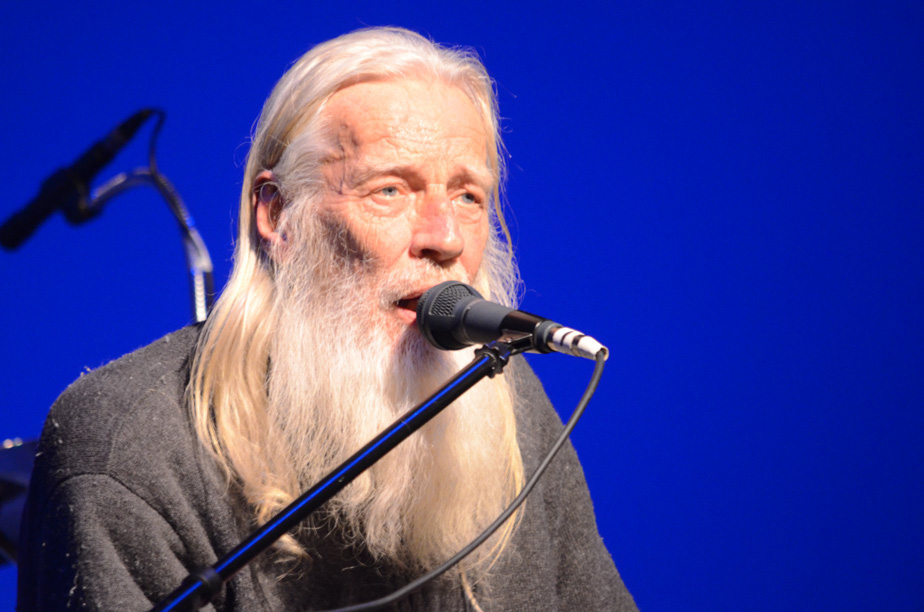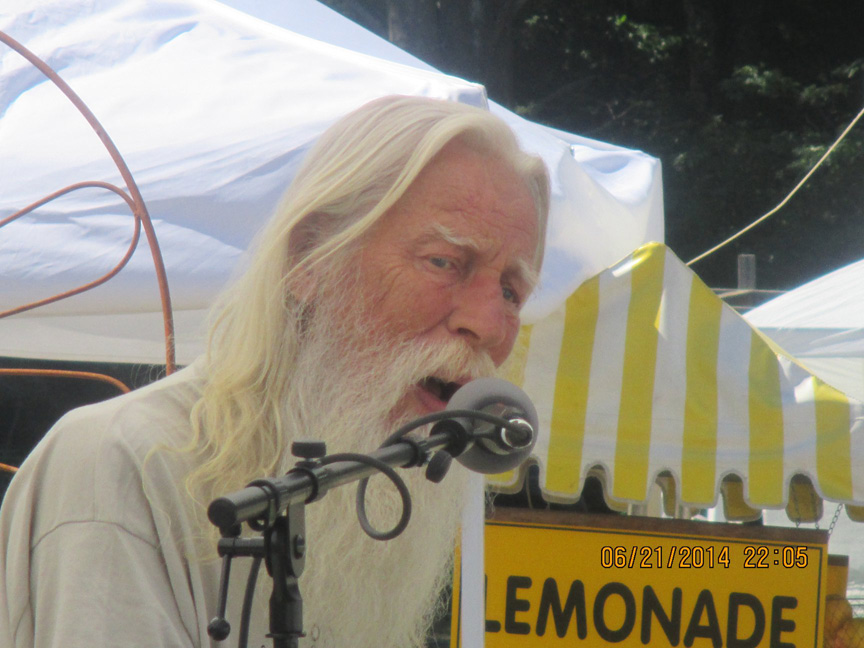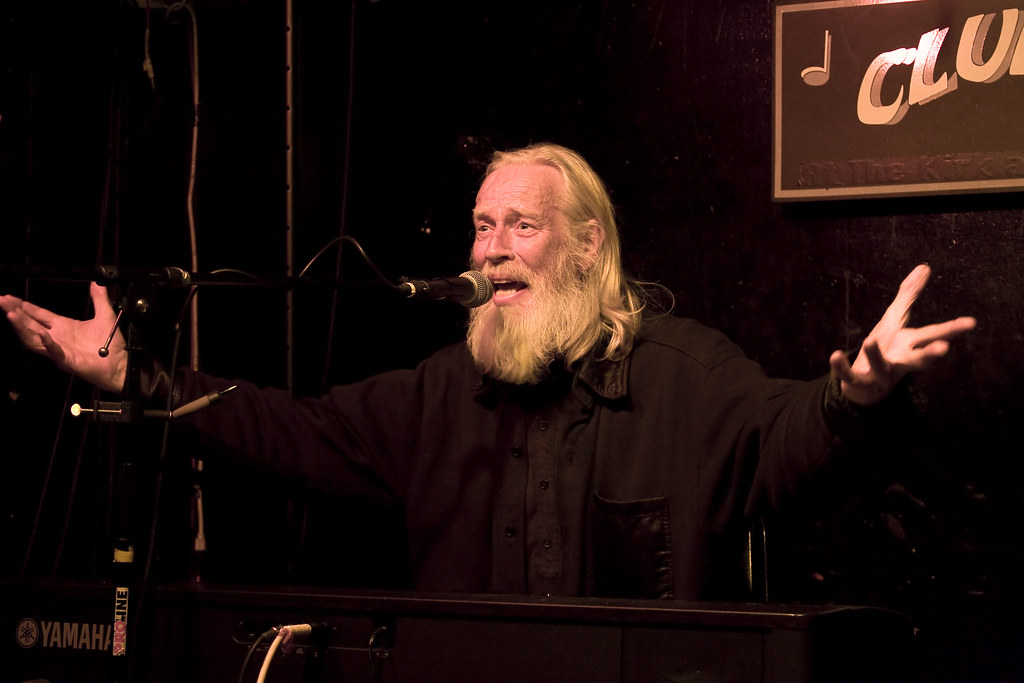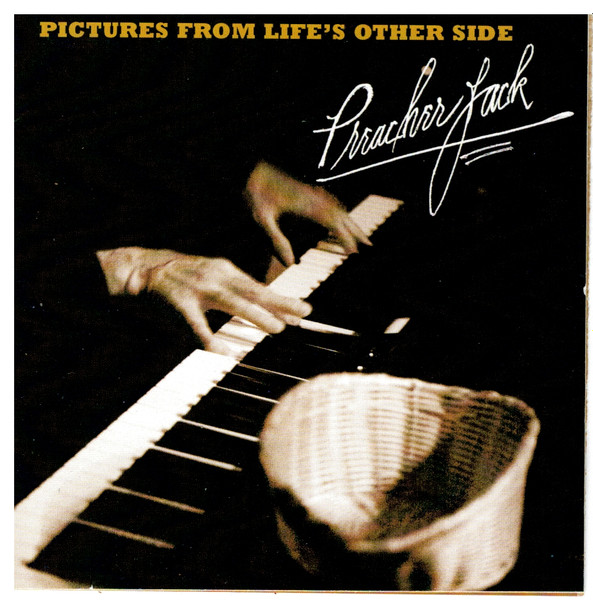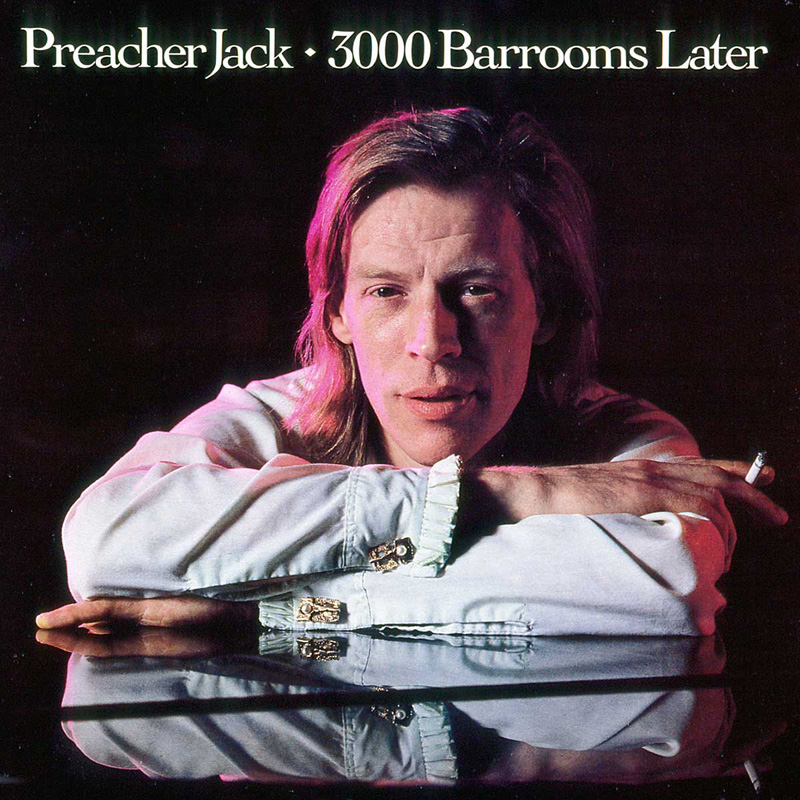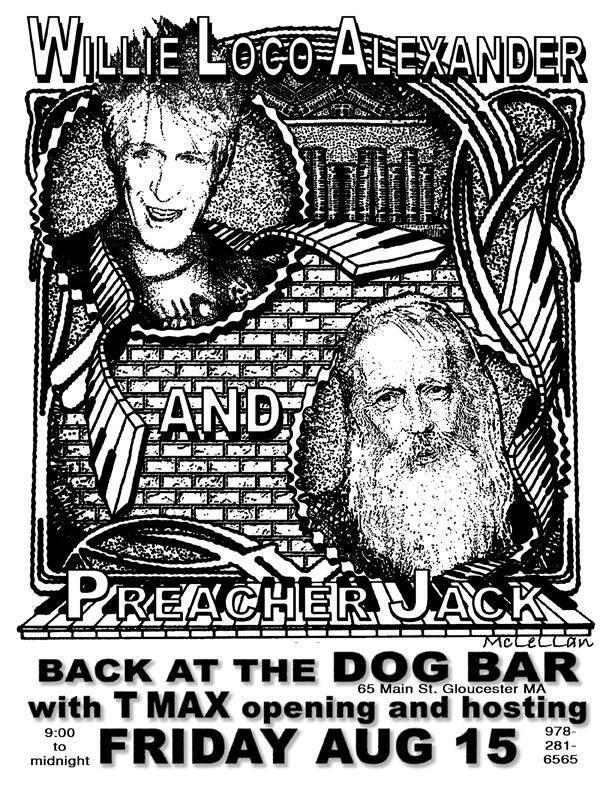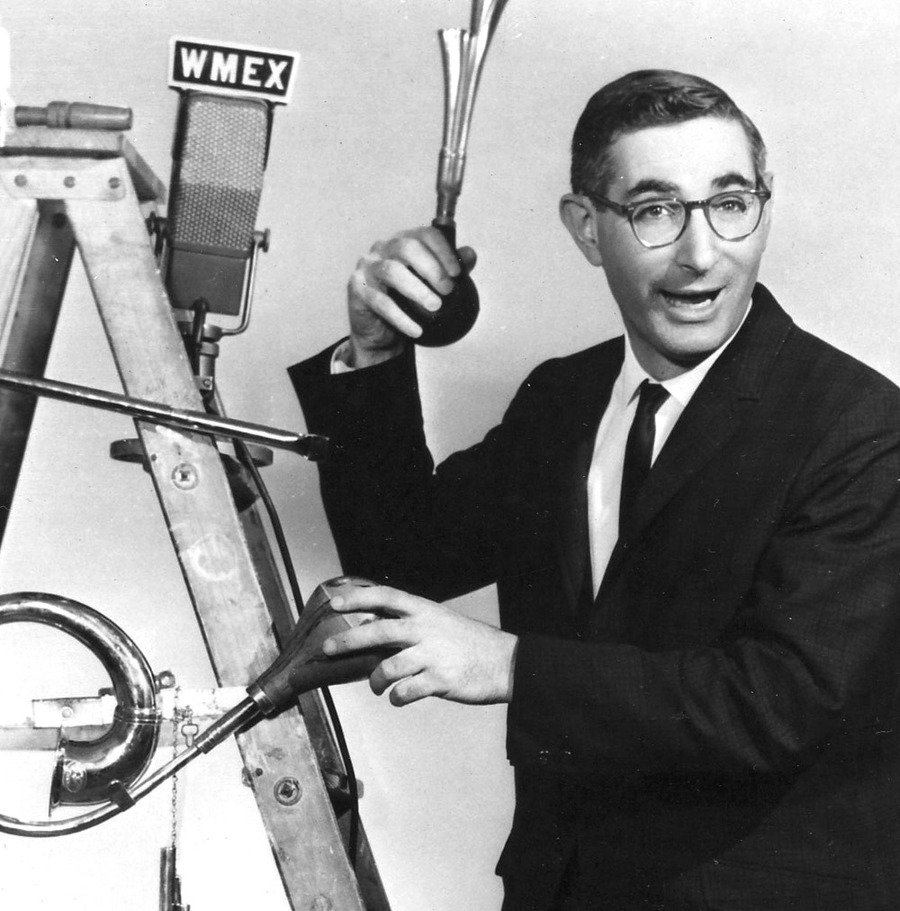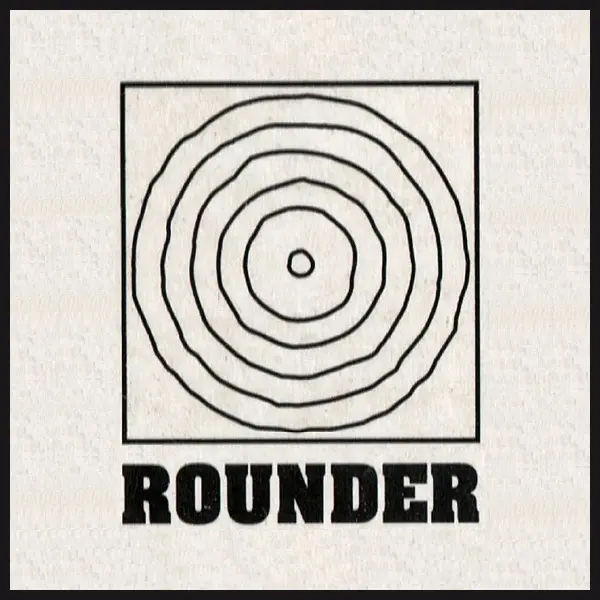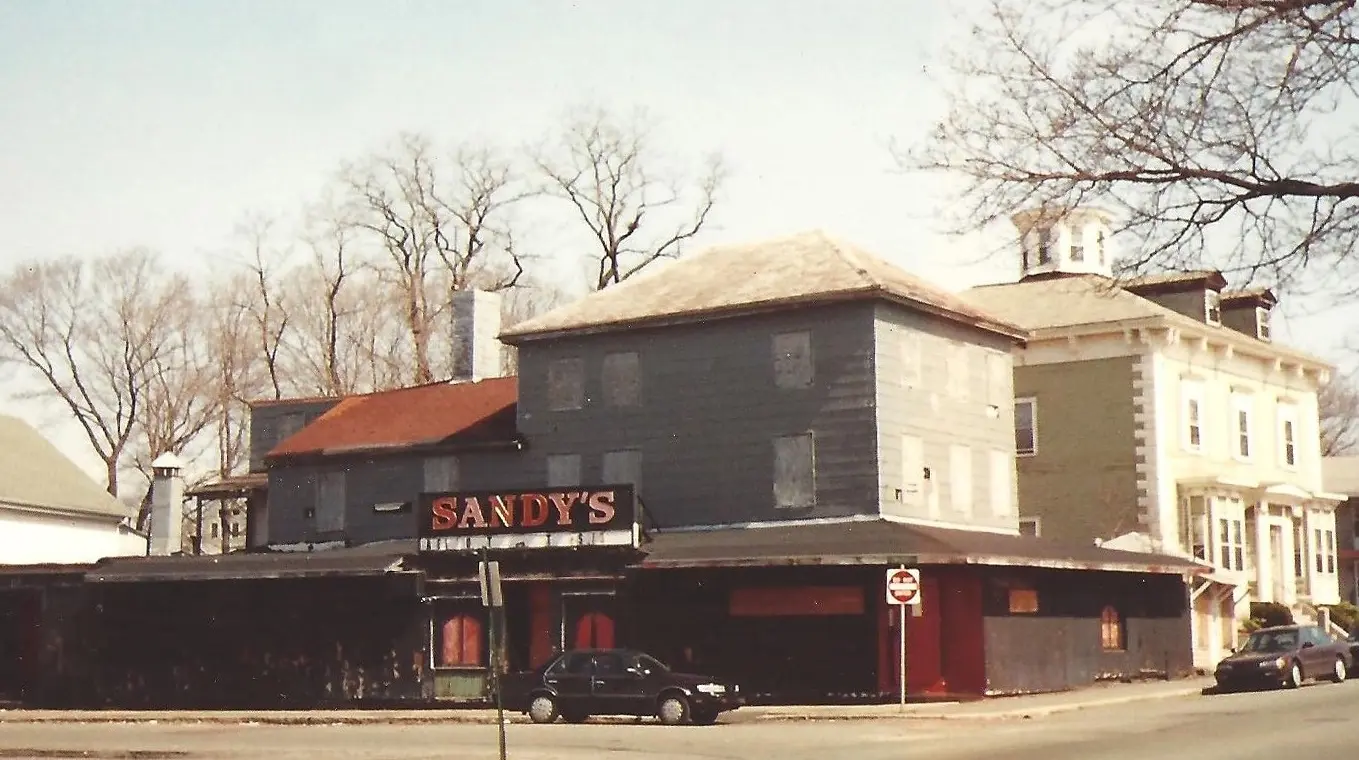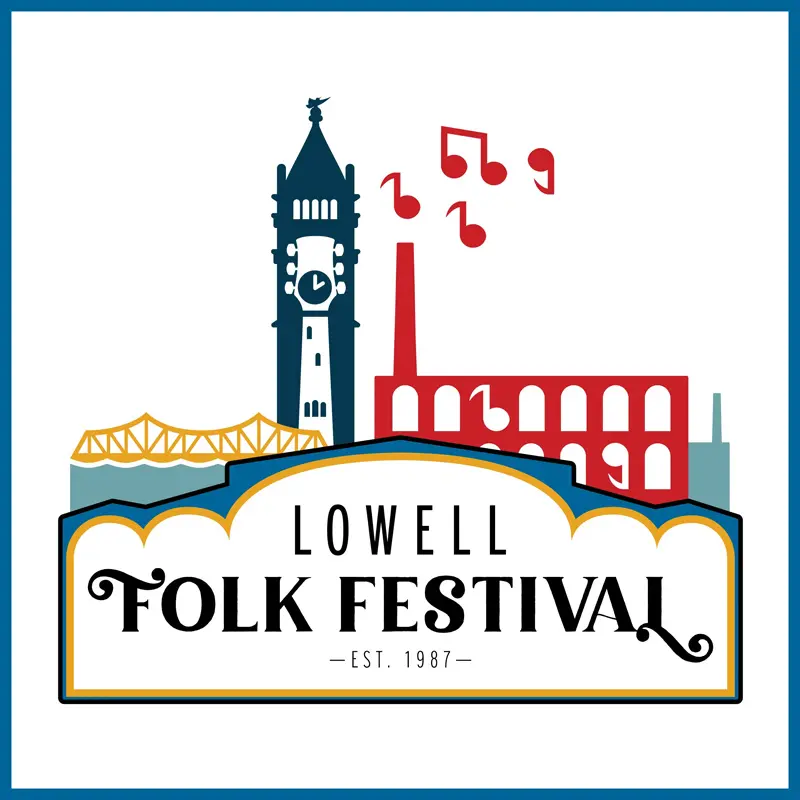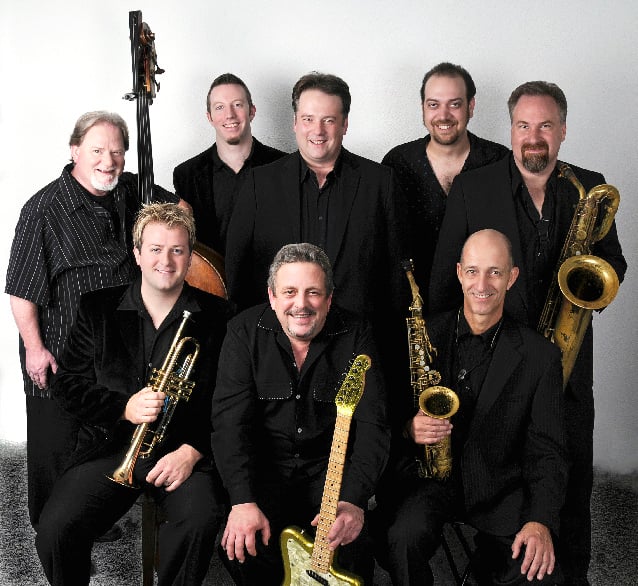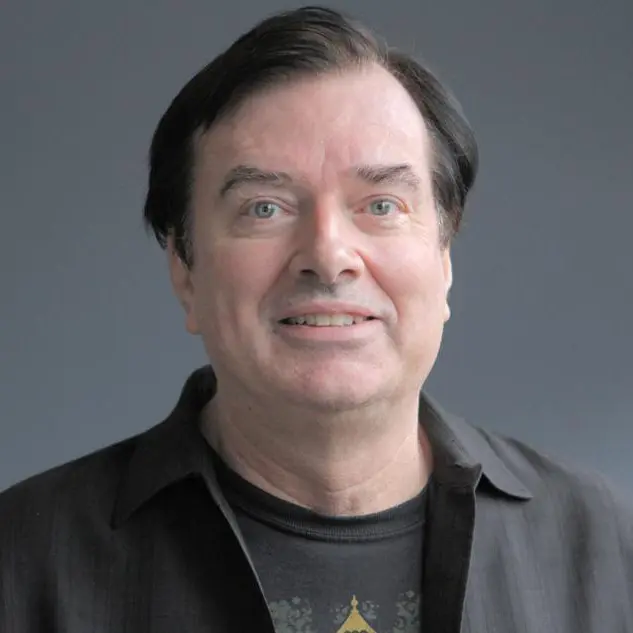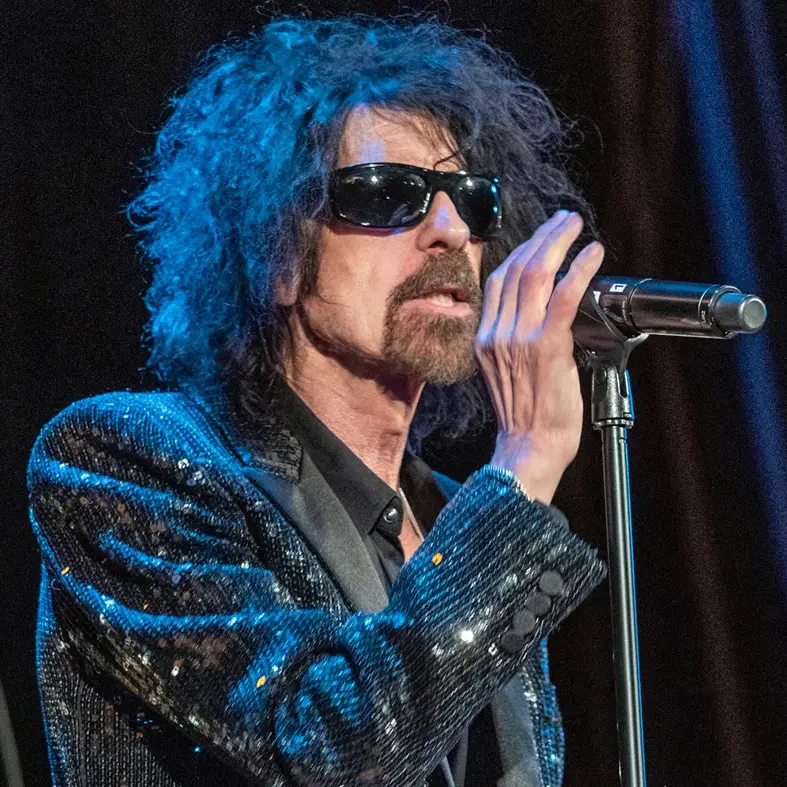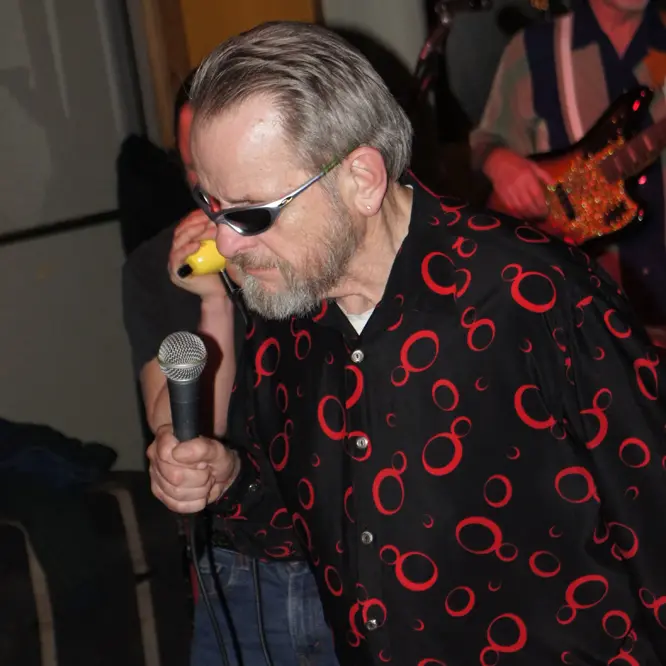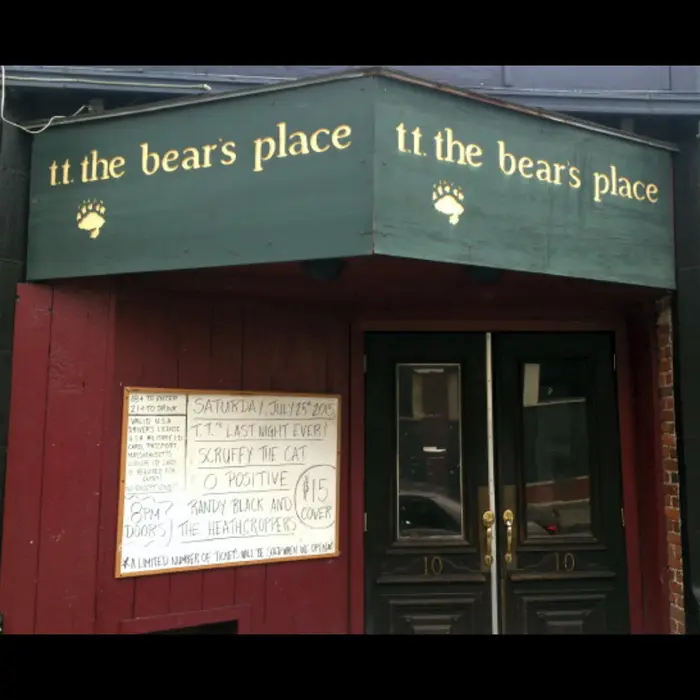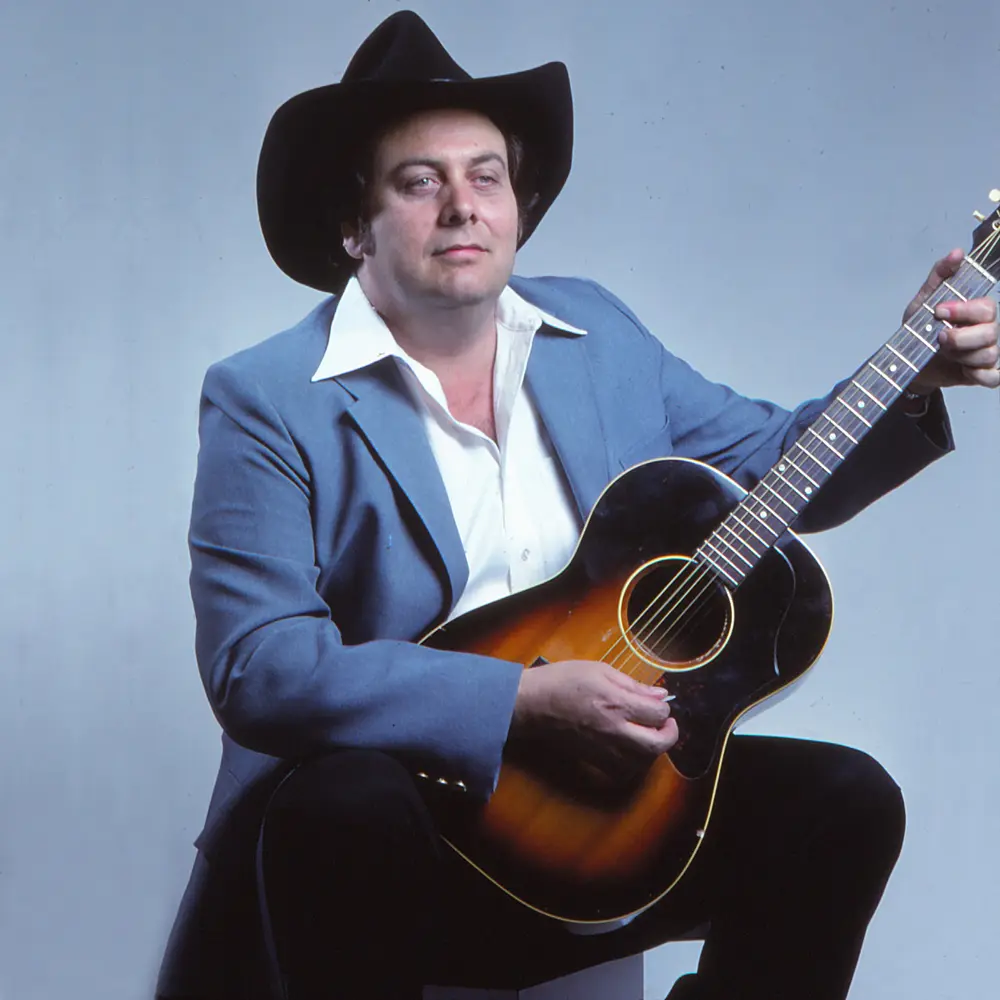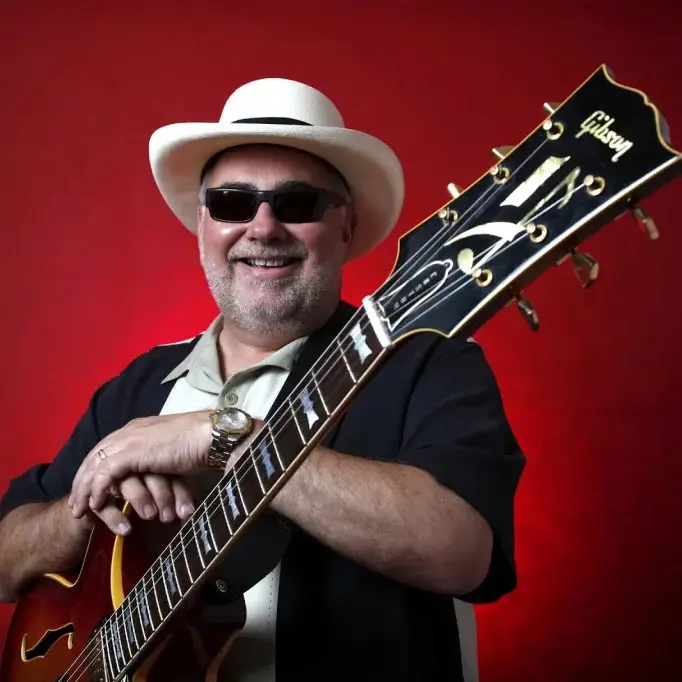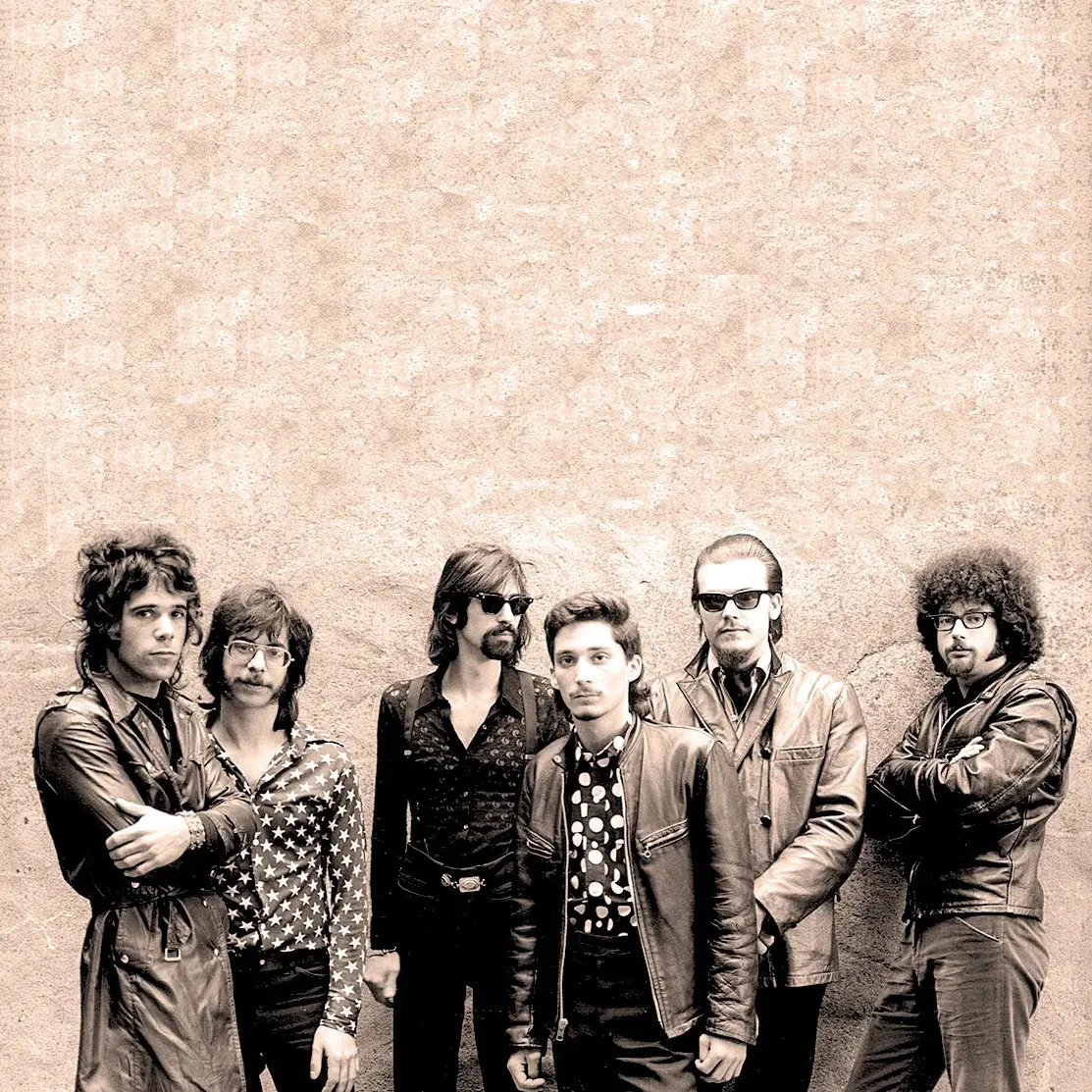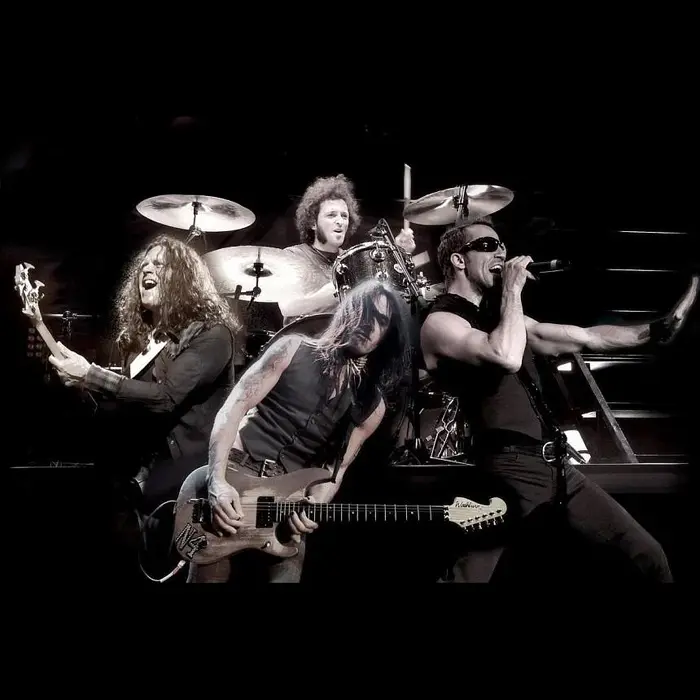Preacher Jack
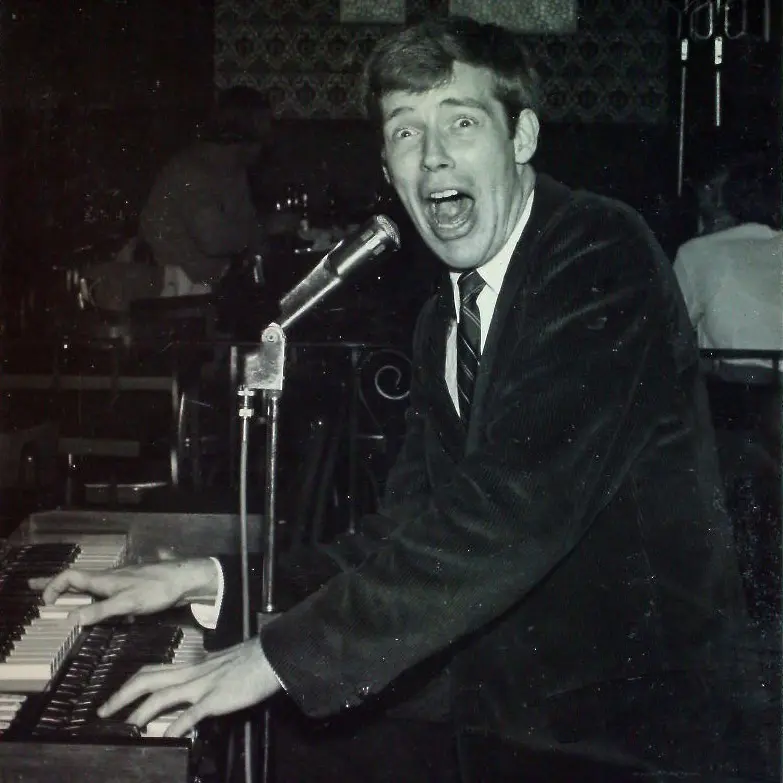
First, fill a Boston cocktail shaker halfway with Liberace’s flamboyance and facility. Next, pour in a few shots of Jerry Lee Lewis’ attitude and add generous splashes of Hank Williams, Elvis Presley, Carl Perkins and Mahalia Jackson. Finally, shake vigorously for 60 seconds or until sweat gushes down your forehead and/or your limbs start shaking uncontrollably – whichever comes first.
That was the recipe for the ever-invigorating, ever-intoxicating concoction called Preacher Jack. And like blues-loving boozers on a boogie-woogie bender, fans elbowed up to his boisterous bar as early and as often as they could.
Overview
A self-taught pianist with an encyclopedic knowledge of honky-tonk, rockabilly and boogie-woogie artists and history, the ever-slender, 6’4” local legend kept a vast collection of meticulously maintained 78-rpm albums that he played on an equally well-preserved WWII-era record player. Known in the press by a wide variety of monikers – “Jerry Lee Jack” for his intense stage presence and ferocious boogie-woogie chops, “the wild-man preacher” for his routine ramblings, recitations and reprimands on life, love, lust and whatever else came to mind – the ultra-high-octane, piano-key-slammin’ dynamo built a passionate cult following through the ‘60s and ‘70s – decades before signing a recording contract – by gigging feverishly on New England’s honky-tonk circuit, most often on Massachusetts’ North Shore.
“I was like my own psychiatrist. I was analyzing, presenting myself with joy,” he said in a 1995 interview about his ‘60s/’70s period. “People would come in and almost have a religious experience with me. When I sang Hank, I became that forlorn kind of an individual, and when I was singing Mahalia I became a black, powerful gospel female and I said, ‘Thou are going to the heights of heaven!’ I love characters, and it’s not just the music, it’s what the music does to get these people going.”
Musical beginnings
Born John Lincoln Coughlin on February 12, 1942, Jack was raised in Malden, Massachusetts, both of his parents being amateur vocalists and his mother having won second place on the NBC radio talent show The Major Bowes Amateur Hour in 1939, the same program on which 19-year-old Frank Sinatra appeared in 1935 as part of The Hoboken Four. In 1955, his mother gave him an upright piano and 13-year-old Jack’s lifelong passion for boogie-woogie exploded that same year when he saw Liberace performing on TV, as he recalled in a 2008 interview with Limelight magazine. “I was watching Liberace on television and my mother had just given me this piano,” he said. “Well, I start to see him do this boogie-woogie style of music and it just captivated me. I knew this was something I had to do.”
Soon he was devouring records by boogie-woogie pioneers Meade “Lux” Lewis, Albert Ammons and Pete Johnson, the gospel of Mahalia Jackson, the rockabilly of Hank Williams, Elvis Presley and Carl Perkins and everything Jerry Lee Lewis had ever recorded, feeling an immediate “kinship” with the rock icon, he once said.
The Jupitors
In 1956, 14-year old Jack formed The Jupitors (sometimes billed as Jack and The Jupitors) with boyhood pals Charlie Peavy (drums) and Irving Fineberg (guitar), the latter of whom “did his very best to imitate Chuck Berry,” Jack said. A true “garage band” both figuratively and literally, they rehearsed in an actual garage on Milton Street in Malden and played their first paying gig in 1957 in the basement of the Maplewood Baptist Church in the city’s Maplewood Square for $25 (about $265 in 2023), followed by others at YMCAs, churches, schools and private parties.
In 1958, the band’s name recognition multiplied exponentially in the Boston area when famed WMEX deejay Arnie “Woo Woo” Ginsburg invited them to perform at WMEX-sponsored dances – “sock hops,” to use the parlance of the era – along Route 1 in Saugus, launching Jack’s famously free-spirited, frequently frenetic musical career into orbit.
The Shipwreck Lounge, Other regular venues
Primarily a solo act from his high school years forward, from the early ‘70s through the early ‘80s, Jack had a nine-year residency at The Shipwreck Lounge in Revere, where he became famous for accompanying some in his drunken audiences – his “congregation,” he called them – to the shoreline after shows and either baptizing or attempting to baptize them in the Atlantic. His Budweiser-fueled mix of passion, presence and panache was also a regular feature at other area venues including The Colonial in Lynnfield, The Blue Star Lounge in Saugus and Frank’s Steak House in Cambridge, where future Extreme and Van Halen lead vocalist Gary Charone occasionally chimed in on harmonies, Sandy’s Jazz Revival owner Sandy Berman sometimes joined on tambourine and regular audience members included Boston Globe music critic Steve Morse and The J. Geils Band’s frontman Peter Wolf.
Becoming “Preacher Jack”
Fans started calling him “Preacher Jack” in the early ‘70s, he said, when he was what people in mainstream culture – “squares,” to use the parlance of the era – referred to as a “Jesus freak,” meaning a hippie (or hippie-looking) born-again Christian, an expanding group at that time as the “Summer of Love” generation began turning away from drugs and toward religion. “I went into this other realm and I was into the Jesus trip and that’s how I got the name ‘Preacher,’” he said in 1995. “I was like a Billy Graham with a Jerry Lee and Albert Ammons left hand. Most of the sermons were at myself for either over-drinking or getting over-sexed. I was passionate as twelve bulls and yet having this great kind of Hollywood romance with Jesus.”
Rounder signing, Rock ‘N’ Roll Preacher, Other albums
In 1979, blues-guitar icon George Thorogood saw Jack’s set at the Shipwreck and – shocked that he’d never had a record deal – offered to introduce him to Rounder Records’ founder Ken Irwin. The result was the 38-year old Jack’s debut LP, Rock ‘N’ Roll Preacher, which Rounder released in 1980 and featured members of The Persuasions and Thorogood’s band, The Delaware Destroyers, plus contributions from Sleepy LaBeef and Duke Robillard, the latter a co-founder of Rhode Island-based blues-swing-boogie-woogie-soul band Roomful of Blues.
In 1986, Jack recorded his second album, also on Rounder, 3000 Barrooms Later, which included his original “Marc’s Boogie Woogie” in addition to covers of Hank Williams’ “May You Never Be Alone Like Me,” Carl Perkins’ “Turn Around” and the gospel standard “Just a Closer Walk with Thee.” After a decade out of the studio, he recorded At The Piano: Non-Stop Boogie on Solo Art Records in 1996 followed by Celebration of the Spirit (Black Rose, 1998) and Pictures From Life’s Other Side (Cow Island, 2007), the last of which featured liner notes from famed musicologist Elijah Wald who wrote, “Preacher Jack often assures his listeners that he’s ‘having your nervous breakdown for you.’” In 1997, Rounder issued Preacher Jack: Return of the Boogie Man, a 16-track compilation.
Touring with John Prine, Ronnie Hawkins
In the ‘80s and ‘90s, while gigging at venues including Sandy’s (sometimes with Boston-based blues belter George Leh), T.T. the Bear’s Place in Cambridge, O’Neill’s Pub & Restaurant in Salem, Adel’s Restaurant in Middleton and appearing at the Lowell Folk Festival alongside the Blind Boys of Alabama, Jack toured with country-folk singer-songwriter John Prine and Canadian Music Hall of Famer Ronnie “The Hawk” Hawkins. During the 2000s, most of his shows were as the opening act for younger Boston-area headliners including rock quartet The Hypens, alt-Americana sextet The Rationales, grungers The Fiends and bebop-boogie quartet The Raging Teens.
Geezer’s Garage Night
He also appeared regularly at The Granite Rail Tavern in Quincy during monthly “Geezer’s Garage Night,” where he made his final public appearance in January 2014. Ever the showman, ever the comedian, ever the contrarian, his audience never took their eyes off him that night, as usual, fearing that they’d miss one of his unforgettable, side-spitting quips, jibes or rants, something Jack always said was a major part of his passion for being a solo artist rather than a session player or part of a band.
“I like to socialize with my audience [since] I consider myself an entertainer,” he said in 1995. “If I’d been more ambitious I probably would have been a good studio musician and just stayed with the piano and then kinda stepped back a little bit and been with groups and worked with them. But I got such a taste for being a frontman that I almost dared to do anything – to ham it up and keep the solo thing going.”
Death, Legacy
On April 25, 2020, Preacher Jack died at age 78 of Covid-19-related causes in a long-term care facility in Tewksbury, Massachusetts. In addition to his technical theatrics, public pontifications and rakish reputation, his legacy is one of inclusion, which he always valued above all else, as he explained in 2008.
“I want to mix all races and ages when I play,” he said. “In the past, I’ve played for gangsters and cops at the same time. That’s my mission: to bring quality music to everyone and anyone. I’d like to give people some taste of church without actually having to go to church.”
(by D.S. Monahan)

